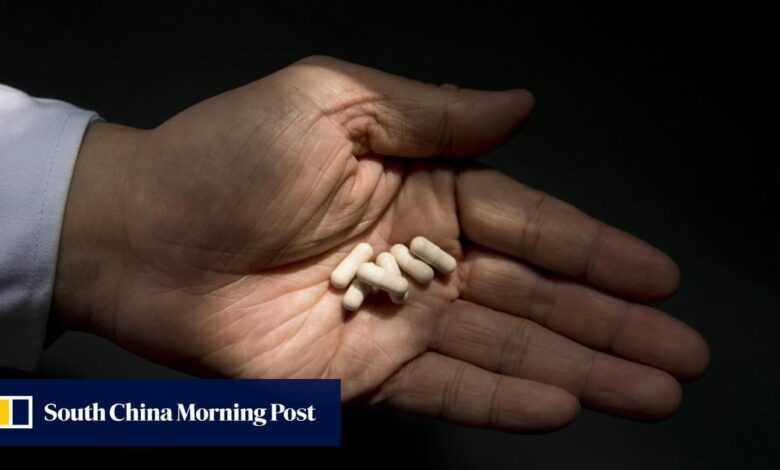‘Very promising’: Chinese herbal medicine trial offers new hope in memory loss treatment

[ad_1]
“We know that it is a critical window of opportunity for early intervention to potentially delay or prevent dementia,” said cognitive neuroscientist Genevieve Steiner-Lim, an associate professor at Western Sydney University, who led the trial of the compound named Sailuotong (SLT).
“Our findings are very promising as they show that even after a relatively short period of just 12 weeks, SLT can support memory and thinking in people with MCI,” said Steiner-Lim, who is also a fellow at the university’s NICM Health Research Institute.
Previous studies have shown that SLT is safe and can improve cognitive functions and quality of life in those with vascular dementia, as well as modulate cognitive functions in healthy young adults, according to the scientists.
The scientists, along with peers from Nanyang Technological University in Singapore, as well as Macquarie University and Royal North Shore Hospital in Australia, published their trial results on Wednesday in the peer-reviewed journal Alzheimer’s and Dementia: Diagnosis, Assessment and Disease Monitoring.
The 12-week trial involved 78 people aged 60 years or older who had been diagnosed with MCI.
Can lack of sleep raise dementia risk? Yes, studies say, with one exception
Can lack of sleep raise dementia risk? Yes, studies say, with one exception
The group that received SLT “improved the retrieval of verbal information from memory and aspects of executive function including switching between cognitive concepts, higher-level divided attention and multitasking” compared with the placebo group, according to Steiner-Lim. The herbal extract was also safe and well tolerated.
“The next step is to conduct another clinical trial with a larger sample size and longer treatment period and different doses to test whether SLT has the same positive effects on memory and thinking in people with MCI, or whether it could potentially delay a diagnosis of dementia,” she said, adding that more investment in this research was needed.
[ad_2]
Source link






